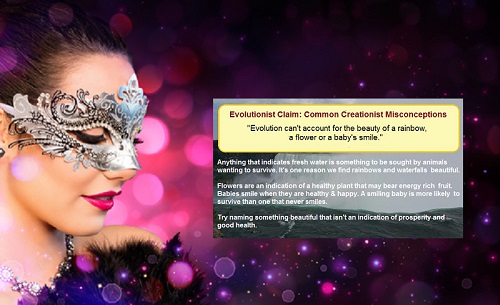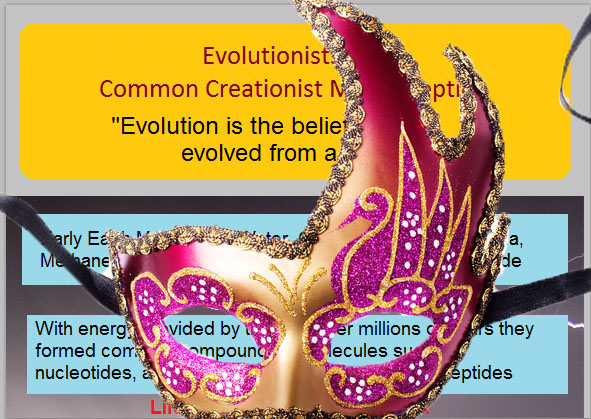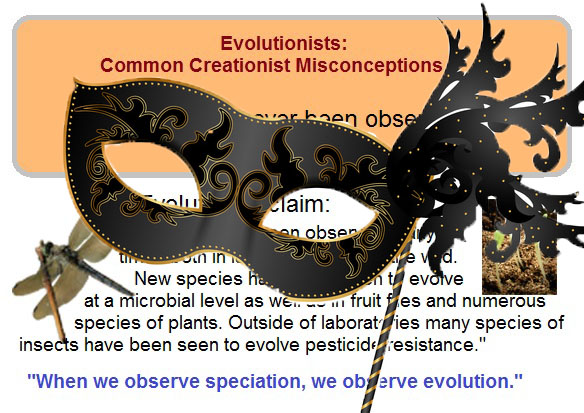I recently read an article by Jonathan Witt – science writer and co-author of “Heretic: One Scientist’s Journey from Darwin to Design” which describes bioengineer Matti Leisola’s (the other co-author) gradual rejection of Darwinism and embrace of intelligent design. In his article titled “A Father, an Atheist Son, and a Darwin Heretic” Witt describes the attempt of a father to get his son – a scientist and an atheist – to consider the claims of intelligent design by reading Witt’s and Leisola’s book “Heretic.”
The son rejects even reading the book with a number of excuses: Continue Reading










